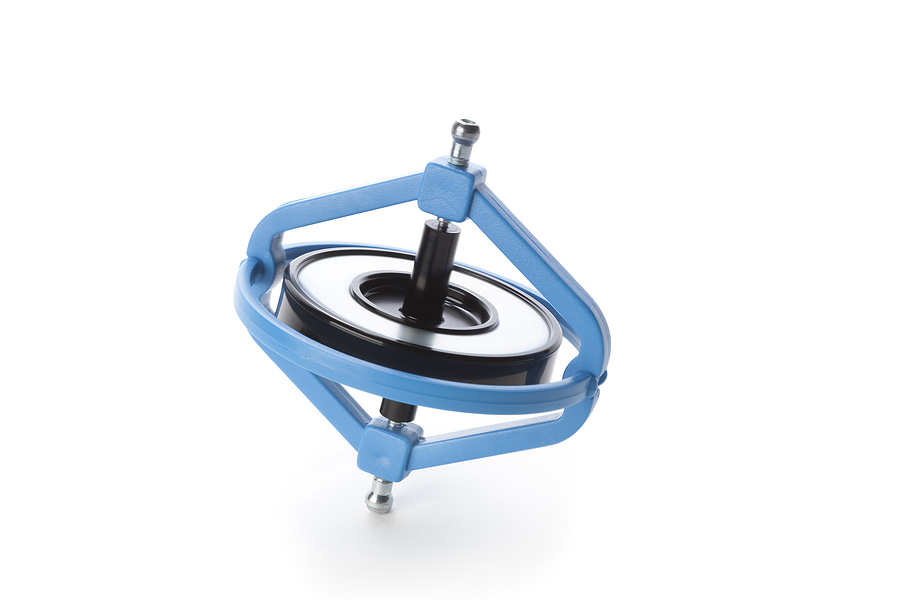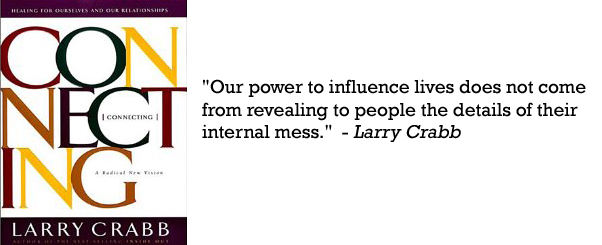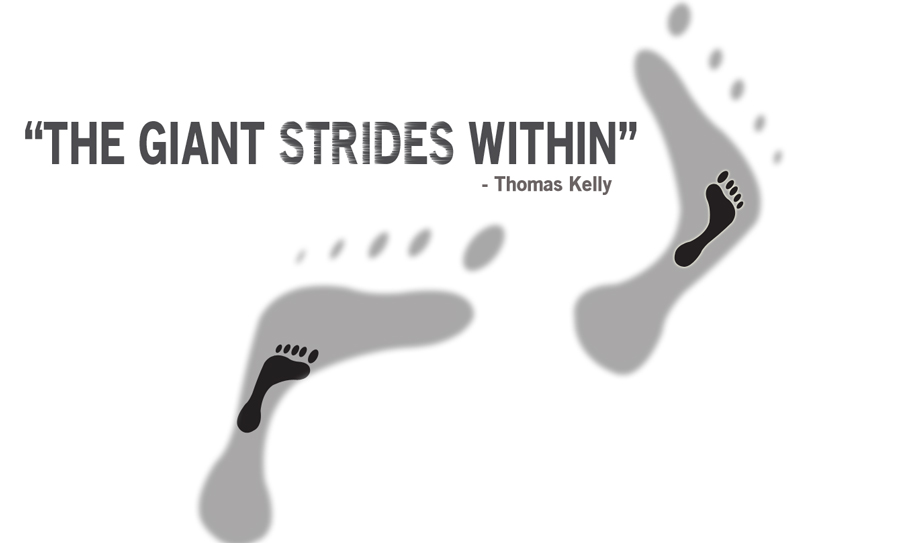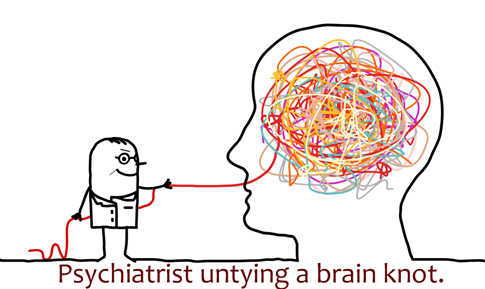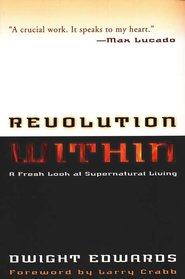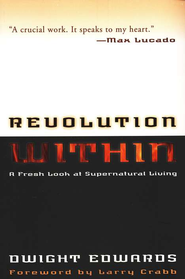Emotionally-healthy Christianity
 Monday, June 13, 2016 at 11:51AM
Monday, June 13, 2016 at 11:51AM 
How is it possible that a person attempting to live from their new heart can remain profoundly stuck? Why is it that even the most disciplined and faithful Christians fear conflict, live from false scripts they've inherited, and suffer just as many relational casualties as non-Christians? What's missing?
One of the biggest barriers to living a free-hearted life - even if you believe that your heart is now good and noble - is unhealed emotional wounding. It is entirely possible to be a New Covenant christian, yet discover areas of your life largely untouched by the transforming power of a new, Christ-indwelled heart. Becoming a grace-filled Christian does not guarantee emotional freedom and relational success.
The mercy of pain
It may take relational pain to alert us to the emotional barriers blocking our new heart: Author Pete Scazzero laments, "Yet now the pain was forcing me to face how superficially Jesus had penetrated my inner person, even though I had been a Christian for twenty years...whole layers of my emotional life had lain buried, untouched by God's transforming power." As disruptive as pain can be, it is [albeit an unwelcomed] mercy.
Becoming more spiritually disciplined will not help. If it could, the most disciplined among us would be the most healthy; and that hasn't proven true in many cases. Some of the most committed and spiritually disciplined people remain unable to relate well or worse, are completely unaware of their emotional and relational impediments.
"Sanctification" has left some of our deepest needs unhealed.
What if "sanctification" includes the healing of emotional wounds? Is it even possible to be spiritually healthy apart from emotional health? Honest experience tells us, "no." Healthy spiritually requires emotional health - not perfection - but a committment to emotional healing.
We know God by knowing ourselves, including our wounds and how they drive our relationships. Though it is also true that we know ourselves by knowing God, it is imperative that wound-care be pursued, leading us deeper into God's love, not farther from it. Augustine wrote, "How can you draw close to God when you are far from your own self?"
Perhaps the "easy yoke" of Christ has eluded us because we haven't brought our whole selves, including our darkest fears and incessant wounds, under the kind affection of Jesus.
Where do I start?
- Emotionally Healthy Spirituality, by Peter Scazzero
- How to Argue So Your Spouse Will Listen, by Sharon May, PhD
- Unlocking Your Family Patterns, by Cloud, Townsend, Carder, Henslin
Note: God can heal in a variety of ways. Counseling is only one means. Healing prayer, intercessory prayer, and body-mind methodologies can all be helpful when brought under the discernment and authoriy of Jesus. And in no way am I suggesting the Church outsource all healing to professional counselors. As Larry Crabb suggested in his ground-breaking book, "Connecting," powerful connection can happen between two non-professional people living under New Covenant assumptions.

















